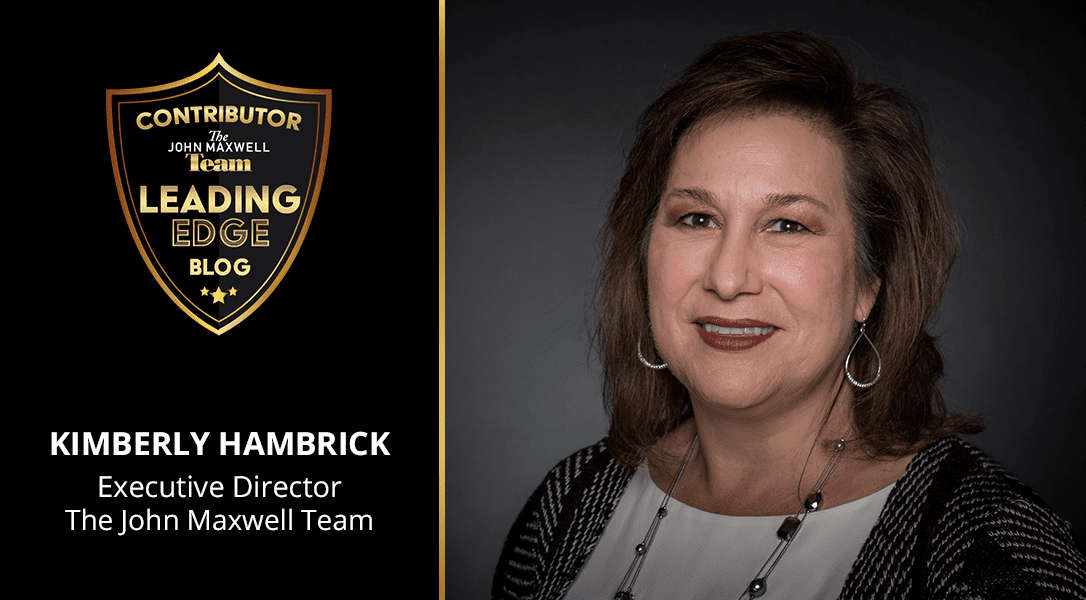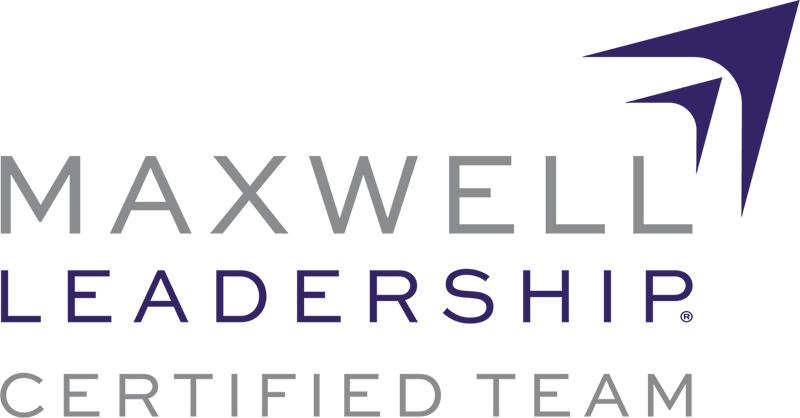Leading Edge: If you want to be inspired, play the Leadership Game for Teens

Recently, I had an opportunity to play the Leadership Game for Teens at a summer basketball camp held at the YMCA of Kanawha Valley, West Virginia. Boys and girls—ages 8-14 attended the camp to learn basketball skills and play games. Mixed in between the games were learning opportunities—such as CPR—all with the intent to provide experiences to develop the area youth.
I still smile recalling the “less than enthusiastic faces” of the teens, fresh from a competitive game, walking into the room where I had the game set up. “What is this?” one said. ‘Can’t we go watch the others play?” said another.
We spent time talking about leaders, asking, “Who are these people in their lives and what qualities do they have?” Most mentioned their basketball coach, saying, “He provides me guidance and direction,” but when asked to think of others outside of basketball, one young man said, “My Mother is a leader; she shows me love daily and inspires me.”
Then, I shifted the conversation to them—asked if they viewed themselves as leaders, discussed how each of them ARE leaders, and explored ways they can demonstrate leadership every day.
Some of their answers were heartbreaking—many did not see their value and instead focused on negative attributes: “No one listens to me.” “I’m not good enough to be a leader.”
Some were heartwarming: “I’m a leader because I enjoy helping others be better at basketball.” “I help my brother with math when he feels he can’t do it.”
When asked about lessons learned from mistakes, most mentioned leaving something outside—a bike or shoes—and having them stolen. “Always happens” said one. The teens said they learned the “hard way” not to leave items outside, but also discussed how stealing was “bad and hurtful.”
Conversation around areas of growth showed that the teens were focused on subjects in school and how they needed to be better next year. A few talked about improving basketball skills, and some said they needed to be “a better brother or sister”.
I played the game with four different groups. All started the same—less than excited. Their answers focused first on video games or basketball. But as we continued to play, the teens became more engaged, listened when others were talking, and truly thought about their answers.
I saw first-hand the transformation when a young person feels empowered, for possibly the first time, to step up and have a voice. The Leadership Game gives young people the space to interact, focus on themselves and their gifts, and share with others in a fun, non-threatening way.
I watched the more confident teens start to encourage others to join the conversation. And I saw a young man who walked in with his head hanging down, sitting by himself away from the others, look up, smile, and join the conversation.
Spending some time with the youth of today, mentoring them to find their voice, listening to their dreams, and guiding them on their path is one of the most rewarding experiences I have had outside of raising my own two boys.
BIO:
Dr. Kimberly Hambrick is an Executive Director with the John Maxwell Team and President of Kimberly Hambrick Consulting. She has close to 30 years of expertise as a business consultant with an emphasis on leadership and human development, strategic planning, research, and evaluation, all with a focus on maximizing the potential of individuals, teams, and organizations.
She lives in West Virginia and has worked nationally and internationally.
